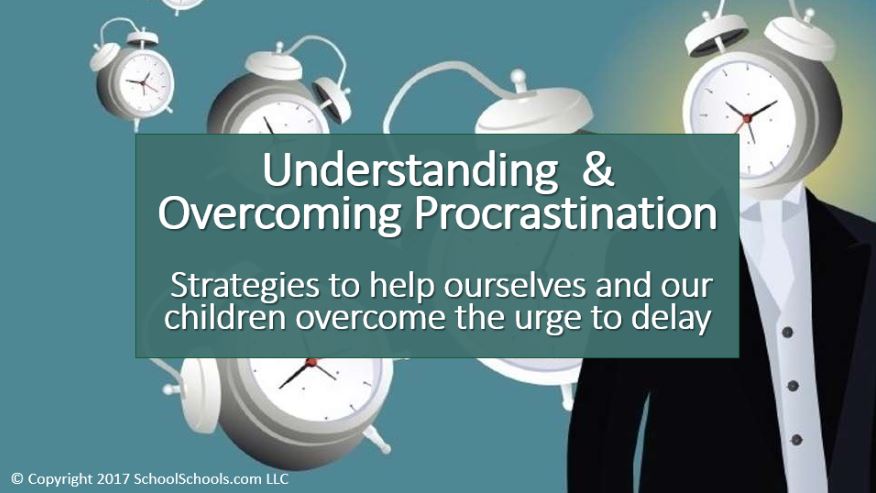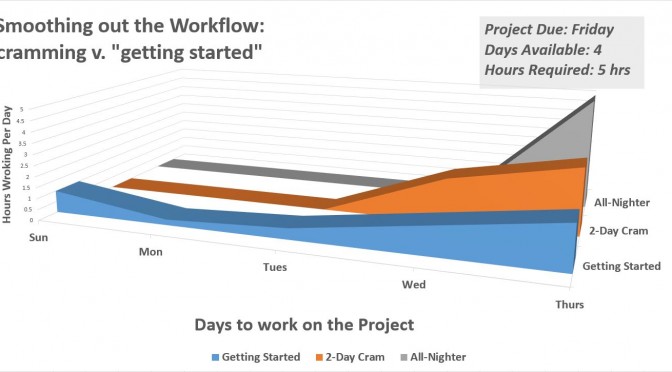 Tap, tap, text, text, click, click… Are cell phones taking students from merely distracted to dum, dummer, dummest?
Tap, tap, text, text, click, click… Are cell phones taking students from merely distracted to dum, dummer, dummest?
I suppose it depends on what “dumb” is. If dumb means instant access to vast sources of information that don’t require memory recall to access, that’s hardly stupid. And if dumb means webs of instant connections for help, sharing, and getting things done, that ain’t so dumb, either.
BUT… dumb is as dumb does, so if these marvelous little devices are getting in the way of student productive academic outcomes, then we’ve got a problem. Continue reading


 Procrastination is a disconnect between the NOW and the LATER. Overcoming the urge to procrastinate requires reconnecting with our own future. “Time Travel” can help bridge the NOW and the LATER.
Procrastination is a disconnect between the NOW and the LATER. Overcoming the urge to procrastinate requires reconnecting with our own future. “Time Travel” can help bridge the NOW and the LATER.


 Do we all have an inner John Wayne, or is grit unique to the gritty few?
Do we all have an inner John Wayne, or is grit unique to the gritty few?


 Parents and teachers think that if only students would connect their short term decisions to long term goals, such as college and jobs, they would quit procrastinating and do their homework.
Parents and teachers think that if only students would connect their short term decisions to long term goals, such as college and jobs, they would quit procrastinating and do their homework.


 One of the most effective strategies to defeat procrastination that we have used with students in our
One of the most effective strategies to defeat procrastination that we have used with students in our 
 Fight the need to finish now!
Fight the need to finish now!
